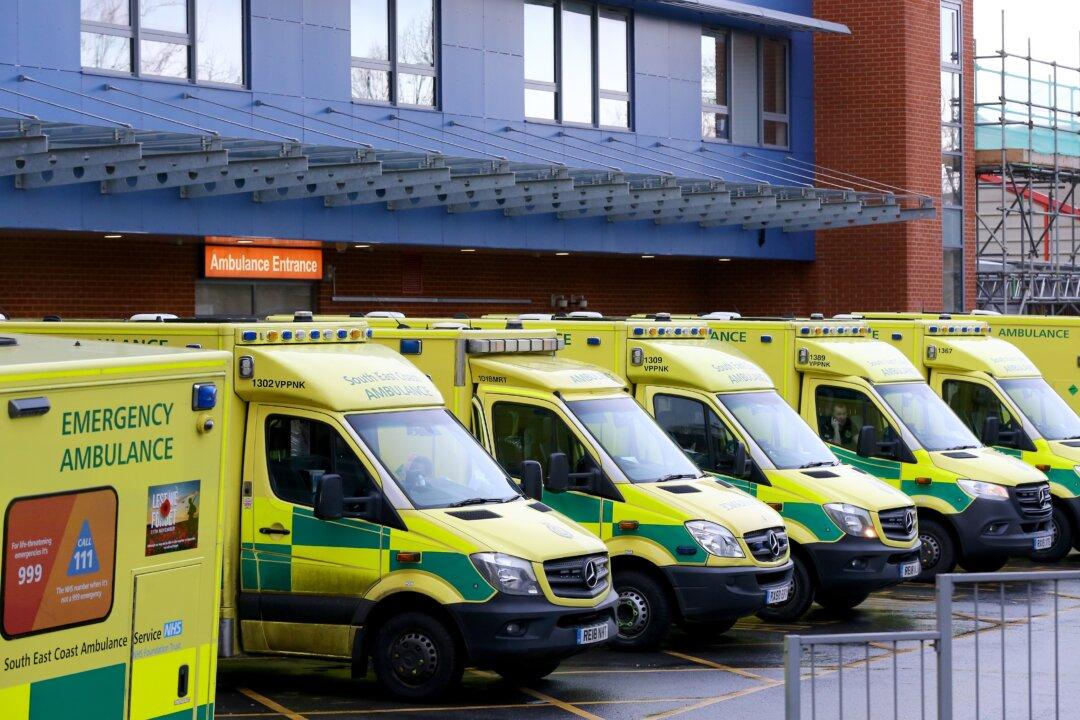At least one in six people have turned to private health care as patients have had trouble accessing the NHS since 2020, poll results suggest.
The most common reason people turned private was to avoid the NHS waiting list, according to the think tank Institute of Public Policy Research (IPPR), which commissioned the YouGov poll.





